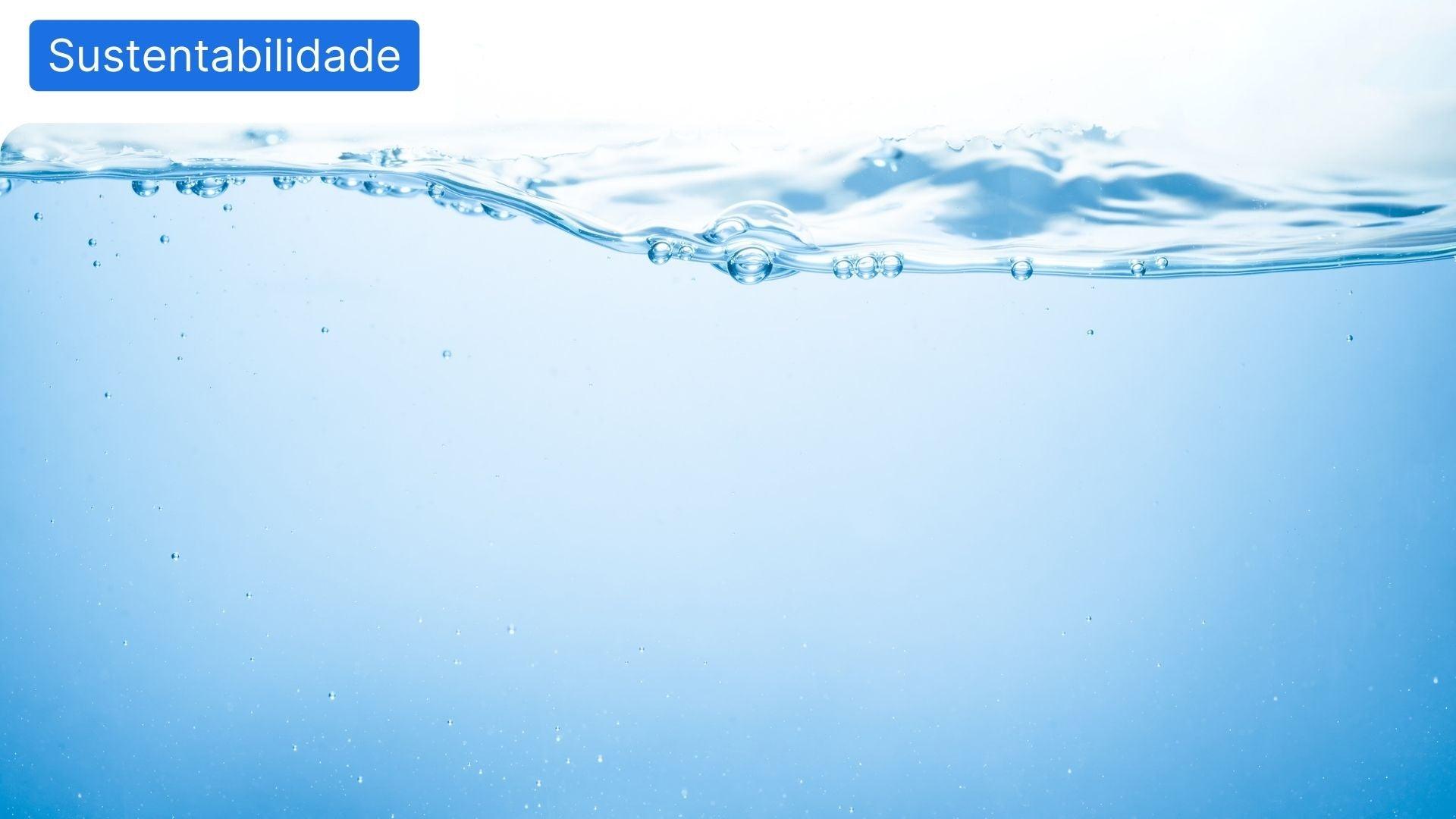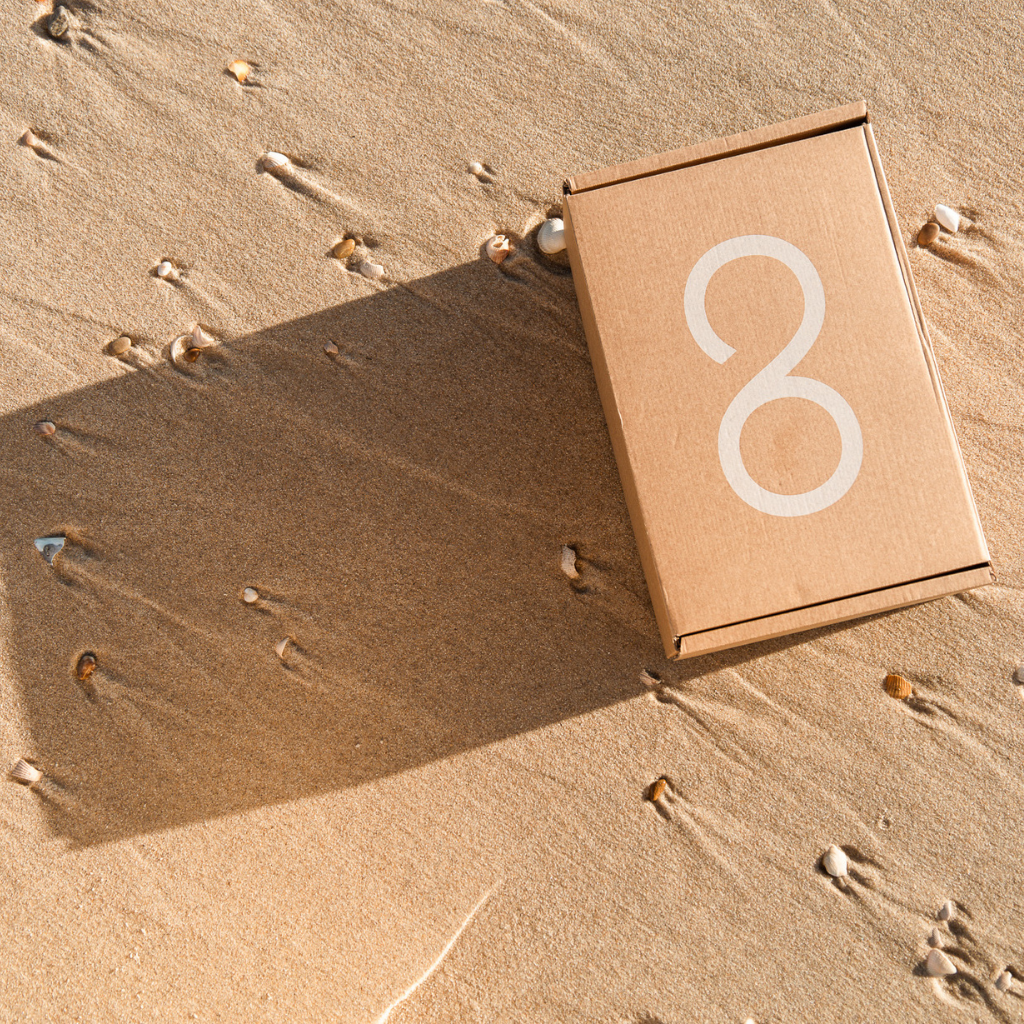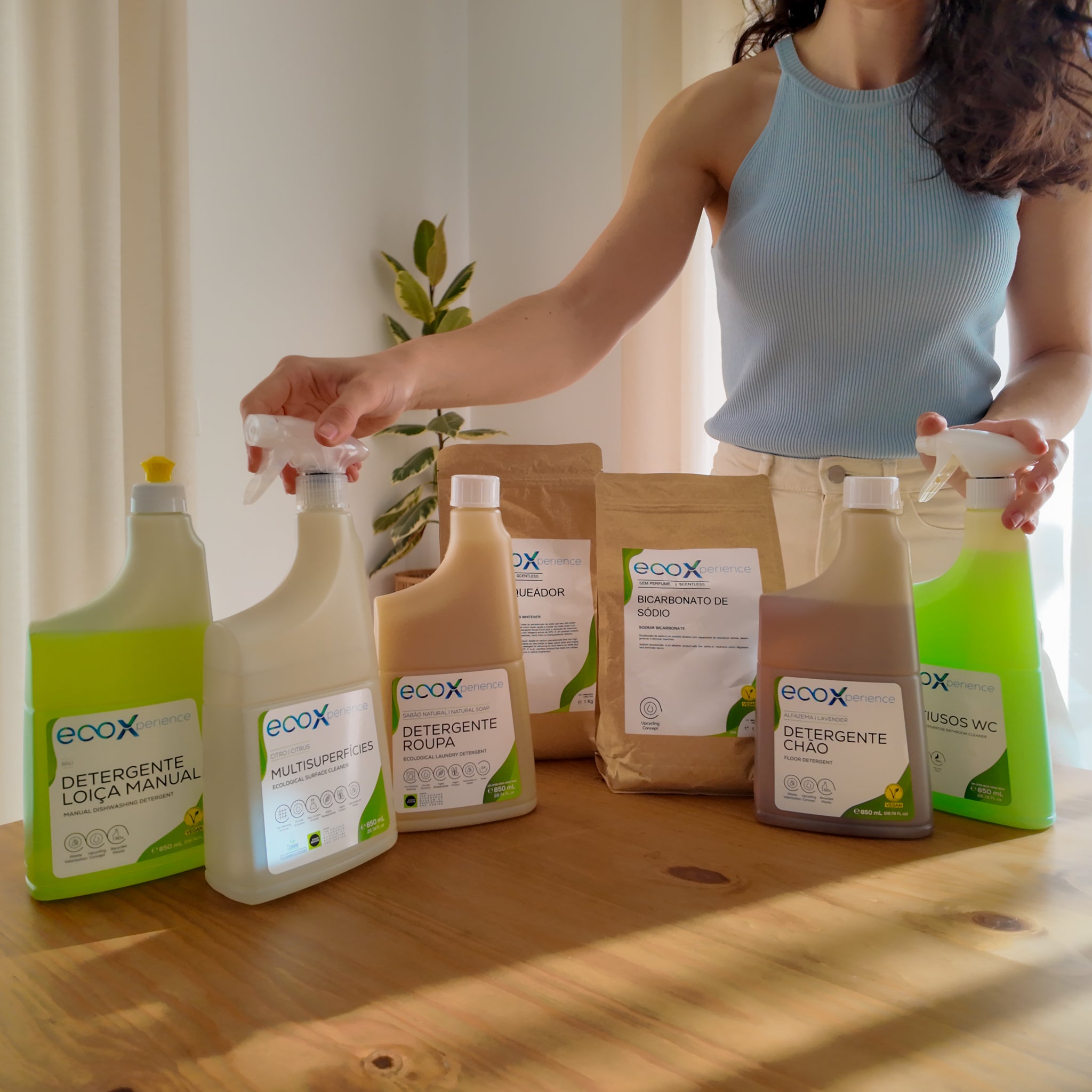
Water, the ephemeral resource that needs to be actively managed
Did you know that, according to the World Health Organization, by 2025, half of the world's population will be living in areas with water scarcity? This is a natural resource that we must value through conscious and careful use.
In this article we give you some information about this resource, we tell you how we value it daily and we also give you access to several tips to put into practice. Let's do it?
Importance of preserving water
Planet Earth has 97% salt water , seas and oceans, and only 3% of water is drinkable. However, only 1% of drinking water is readily available.
Most cannot be consumed, as they are salty or in the form of ice. Therefore, the only consumable water is that which comes from rivers, lakes or underground aquifers. However, 70% of groundwater is at great depth, making its use difficult.
Human beings survive with this tiny percentage of water that is negatively impacted every day due to lack of adequate preservation.
According to the United Nations , “currently around 2.2 billion people do not have access to safe drinking water and 4.2 billion people live without adequate sanitation”. The impacts of climate change are expected to amplify these numbers if nothing is done to change this problem.
They add that the solution involves increasing investments in river basins and drinking water infrastructures and, mainly, improving the efficiency of their use. Efforts must be intensified to strengthen the resilience and adaptation of populations affected by the effects of climate change.
The way we use our water resources will dictate the quality of life for future generations. To solve this problem, Bill Gates invested in the creation of equipment to help, firstly, underdeveloped countries to have access to essential goods for life, such as water.
In this way, the equipment transforms human excrement into drinking water. It heats excrement to a temperature of 1000 degrees Celcius to extract water, which is subjected to other treatments that make it drinkable. In order to generate energy to extract water, excrement is burned, which produces sufficient heat.
Daily use resource
Every day we use water, whether for cooking, bathing, household cleaning or even flushing toilets. We use it in the production of food, clothing, cars or books. To build houses, roads as well as heat or cool buildings.
With the electricity that is produced from water circulation, we can light our homes and cities.
The way we use this resource not only affects our health, but has an impact on the entire life that depends on it. Pollution, alteration of aquatic habitats and climate change compromise water quality and availability.
Once used for domestic use, it can become contaminated by chemical substances, microplastics or cooking oils. Many of these pollutants remain in the water, even after being subjected to wastewater treatment processes.
In agriculture, it may contain residues of chemical substances used in fertilizers and pesticides. After use, part of this water returns to a body of water, compromising its subsequent use.
Use in Portugal
It is estimated, according to a study on the water footprint in Portugal , that water use in our country is 52 cubic meters per person per year. However, adding to this personal consumption the water that is spent on consumed goods, from agriculture to energy, it is concluded that each Portuguese person is responsible for using around 2,264 cubic meters per year.
This consumption places Portugal in 6th position (in a group of 140 countries analyzed) among those with a higher water footprint per inhabitant.
This footprint refers to the total volume of water used globally for the production of goods and services consumed by its inhabitants in national and foreign territory, in the case of imported goods.
This prominent water footprint in Portugal is due to the insufficiency of the agricultural sector, as we import the majority of agricultural goods to Spain.
In order to change this scenario we must:
- Develop appropriate tools for water management;
- Invest in raising society's awareness of responsible choices of goods and services;
- Ensure education on the use of water for personal consumption.
Tips for preserving water
As consumers we have an active role in preserving our planet's most valuable asset. Here you will find some tips to ensure their conservation:
- Turn off the tap while brushing your teeth or soaping yourself;
- Use a container to collect shower water while it is not hot, as it has numerous uses: for washing your hands, watering plants, cooking or washing vegetables or fruit, washing the kitchen floor, among many others. You just need to let your imagination run wild.
- Water the plants during cooler hours.
- Consider changes to your diet, as many foods require a large consumption of water: eat less meat and processed foods. Choose local and seasonal foods.
- Reflect on changes in your consumption habits: buy less and reuse more. Did you know that most manufactured products require large amounts of water?
- Use your car less and choose more environmentally friendly mobility alternatives: bicycle, electric scooter, public transport, carpooling, among others. This way you will be reducing the consumption of fossil energy, as the production of fuels involves large amounts of water.
- Save energy. Use more efficient appliances and appliances in terms of water and energy.
How do we help with this preservation?
Used cooking oil has an impact on our environment in countless ways, whether in our homes, the aquatic environment, the public network, the soil and the climate.
From this we developed an innovative and sustainable solution using waste. Using used cooking oil, we create ecological detergents based on a circular economy through the reuse of ingredients and packaging, thus reducing the use of primary resources.
Our detergents are produced essentially from raw materials of plant origin, highly natural and biodegradable. 60% of the degradation of these products occurs in less than 24 hours and the remaining 40% decomposes within a few days after use.
We also have the option of selling in bulk, a more economical way that allows you to purchase the quantity of product you want and thus adapt your purchases to the needs of the moment.
We ensure the reuse of environmentally hazardous waste, transforming it into efficient cleaning products, without having a negative impact on water!
And you, do you already know what measures to implement to preserve this resource?







